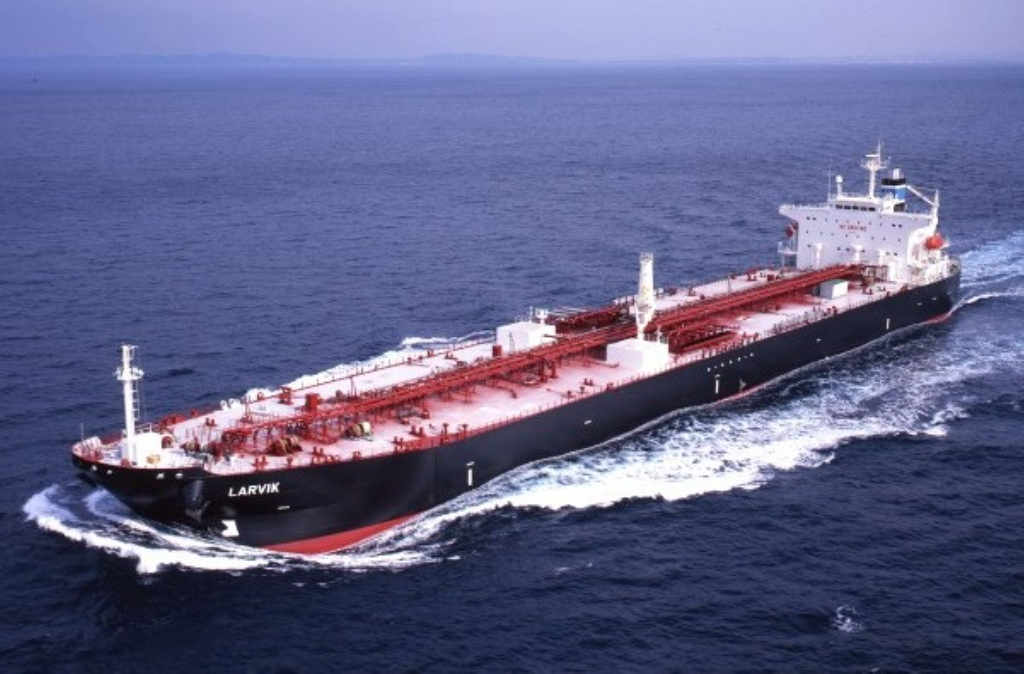In an action that could be described as kidnapping, the Venezuela’s Bolivarian Intelligence Service (SEBIN) took control of the Venezuelan oil tanker “Manuela Sáenz” to force it to transport oil to Cuba, in violation of international sanctions and the orders of Venezuela’s interim president Juan Guaidó.

During the hijacking, Venezuelan officials forced the crew to turn of the ship’s GPS, in order to avoid detection (Andina).
Infobae reported that on May 1, intelligence officials decided to replace the captain of “Manuela Sáenz” when he refused to take the ship to the island, and intimidated the crew who had protested against the measure. Under threat, they boarded the ship, and in this way assured the transfer of gasoline and diesel to the island.
During the course of the voyage, the vessel’s GPS was disconnected, to prevent the sharing of its location and thus evade international sanctions and prevent their arrest.
Cuba is one of the main allies of Venezuela, a country from which it receives about 100,000 barrels of oil every day, at preferential prices, through several cooperation agreements.
Cuba pays for oil with sports and cultural exchange programs, as well as a contingent of doctors that work in Venezuela under the auspices of a program called Barrio Adentro.
In the wake of the oil embargo that the United States has imposed on Venezuela to hasten the fall of the Nicolás Maduro regime, the dictatorship is seeking new ways to get oil to Cuba; now it is doing so by means of piracy.
According to Miami Diario, the dictatorship is using pirates to ferry oil to more than 30 foreign vessels in order to evade the US Treasury Department’s sanctions.
The Venezuelan state oil company, PDVSA, has resorted to using offshore oil transfers; a measure that resembles that used by smugglers or drug traffickers to evade justice.
The modus operandi of the state company is to transfer the barrels of crude at sea to foreign ships that are dedicated to carrying the cargo to its destination, thus avoiding seizures or sanctions.
When the US government learned about the methods Maduro was using to send oil to Cuba to continue supporting the Communist regime economically, the United States decided to impose new sanctions against oil companies complicit in this kind of contraband operation.
The US Treasury identified the companies as Monsoon Navigation Corporation, based in the Marshall Islands, Serenity Navigation Ltd., Jennifer Navigation Ltd., Large Range Ltd. and Lima Shipping Corp. based in Liberia; and PB Tankers, based in Italy.
Ships from these companies shipped crude from Venezuela to Cuba from the end of 2018 until March of this year, the Treasury Department said.
The measure prevents companies and ships from making deals with US individuals and companies and freezes any assets they may own or control in the United States.
Russia also helps Maduro to evade sanctions
To get access to foreign currency, Nicolás Maduro is also working with the Russian state oil company Rosneft.
The dictatorship in Venezuela is routing cash flow from oil sales through Rosneft. Apparently PDVSA began to falsely bill oil sales through Rosneft.
The scheme, discovered by Reuters, reveals that the Russian oil company “pays PDVSA immediately with a discount on the sale price, and charges the total amount later to the buyer.”
A source that spoke with Reuters confirmed that PDVSA has asked its main buyers such as Reliance Industries Ltd of India, to pay Rosneft for Venezuelan oil.
“They have made payments to Russian and Chinese companies for Venezuelan oil.” The source added that disbursements were deducted from the money that Venezuela owes to these countries, but did not provide more details.













